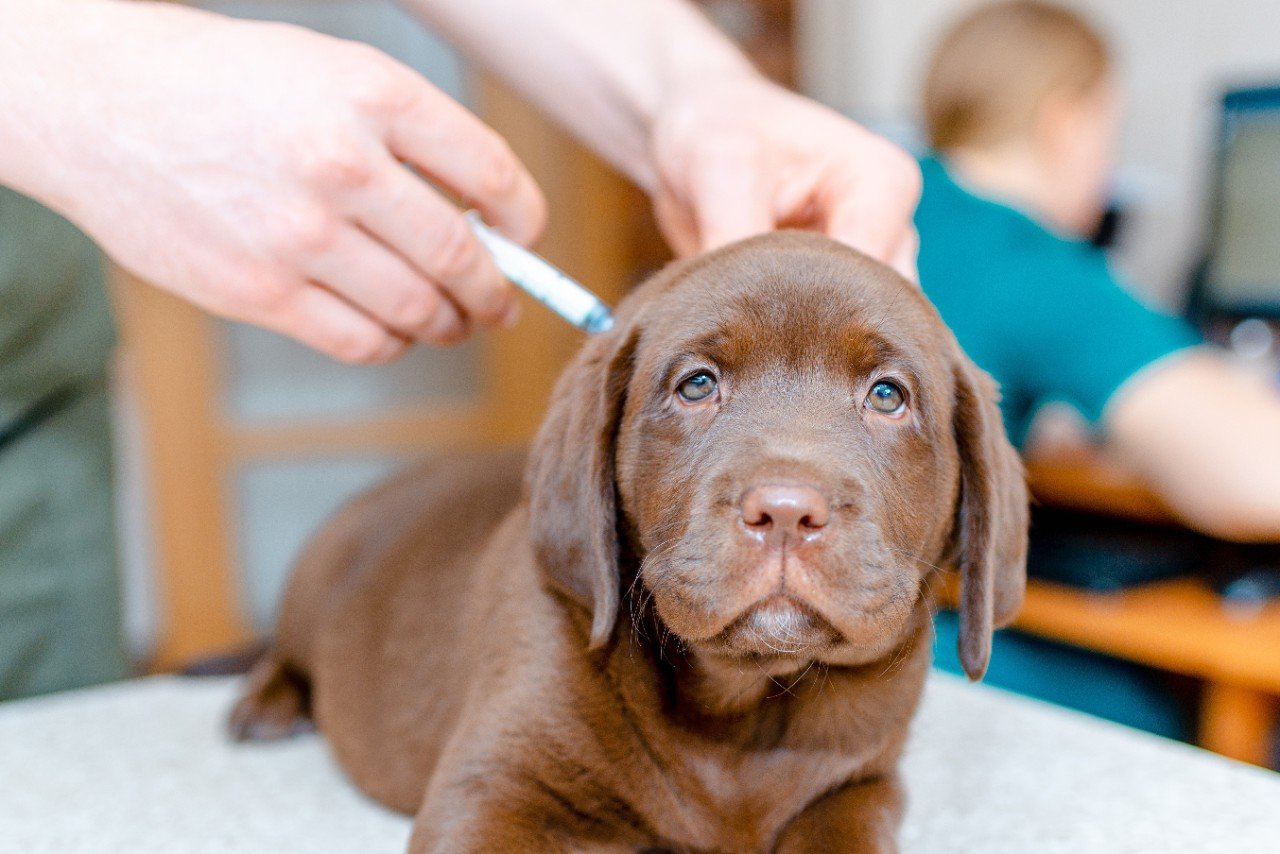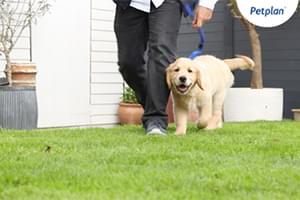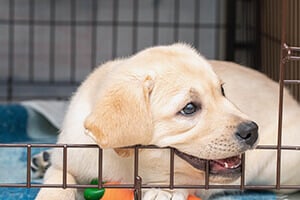Puppy teething: what you need to know
Quick Links
When do puppies lose their teeth?
When do puppies stop teething?
Puppy teething symptoms
Just as it is for human babies, teething can be painful for puppies. To ease the discomfort, your puppy may start to chew on something. This might include your hands, furniture, their paws or anything else they can find.
During this time you might notice your puppy has red or sore gums. Occasionally, you might see a small amount of blood in their mouth or on something they’ve chewed.
What can I do to help my puppy at teething time?
1. Keep your puppy active and busy
2. Use puppy teething toys
Offering your puppy a toy designed for teething can help ease their discomfort. Some of these toys have textured areas designed to massage their gums or can be placed in the freezer first. Make sure to choose a toy that’s suitable for your puppy’s breed and size. Always check toys carefully for signs of wear and tear, and replace them if you see any damage.
Offering your puppy a wide selection of toys to choose from means they’re less likely to get bored and start chewing something they shouldn’t. Rubber KONG toys stuffed with treats can also help distract puppies and keep them mentally and physically occupied. Keep toys close to hand so you can offer them quickly.
3. Offer them a cold treat
4. Reward good behaviour
5. Speak to your vet
6. Establish good dental hygiene
Petplan is a trading name of Pet Plan Limited (Registered in England No. 1282939) and Allianz Insurance plc (Registered in England No. 84638), Registered office: 57 Ladymead, Guildford, Surrey GU1 1DB.
Pet Plan Limited is authorised and regulated by the Financial Conduct Authority. Financial Services Register No. 311969. Allianz Insurance plc is authorised by the Prudential Regulation Authority and regulated by the Financial Conduct Authority and the Prudential Regulation Authority. Financial Services Register No. 121849. Pet Plan Limited is a subsidiary of Allianz Insurance plc.














